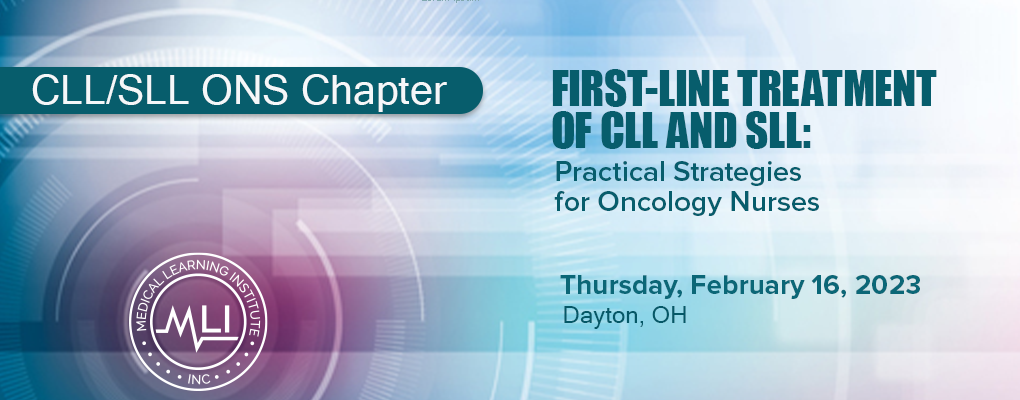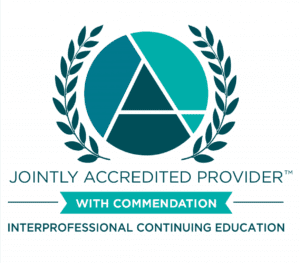
This CE activity is intended for oncology nurses and NPs who provide care for individuals with CLL and SLL.
After completing this CE activity, the participant should be better able to:
- Evaluate emerging data regarding the mechanism of action and long-term safety and efficacy of recommended agents and combinations, including those of fixed duration and mutation-based regimens
- Identify the most common and serious adverse events (AEs) that emerge during treatment with targeted therapies and combination regimens including negative outcomes associated with mutations in black patients
- Engage patients of all backgrounds and ethnicities in discussion of the risks of AEs relative to treatment outcomes


Nursing Continuing Professional Development
Successful completion of this nursing continuing professional development activity will be awarded 1.0 contact hours and 1.0 contact hours in the area of pharmacology.
Supporter
This CE activity is supported through an educational grants from Genentech, a member of the Roche Group and Pharmacyclics LLC, an AbbVie Company and Janssen Biotech, Inc., administered by Janssen Scientific Affairs, LLC.
